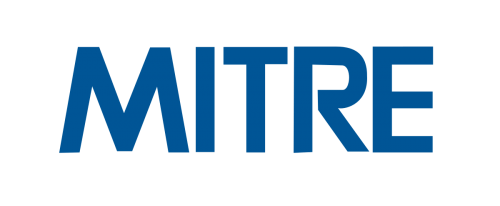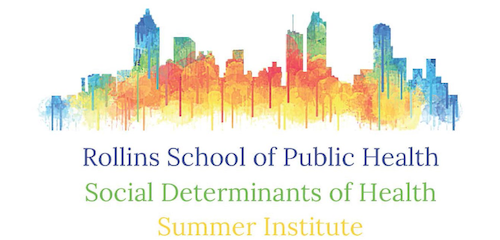Career Opportunities: Research Assistant / Clinical Data Collector
Category : Alumni
Organization Overview
The Division of Health and Environment (DHE) is a trusted advisor to our clients in providing innovative, evidence-driven solutions that contribute to a healthier environment and the health and safety of individuals, families, and communities. We are market leaders in providing policy and regulatory support; advancing public health and clinical epidemiology; providing environmental science, natural resource management, and ecosystem restoration; shaping healthcare policy and health services delivery; responding to mental health and substance use disorders; and studying the criminal justice system. The underpinning of our work is a research-to-practice framework, through which we engage in activities from research to program implementation. DHE provides a dynamic and collaborative work environment to our employees that fosters professional growth and promotes a culture of innovation, thought leadership, technical excellence, and collaboration.
Opportunity:
Abt Associates seeks a Phlebotomist/Research Assistant to support an assessment of environmental exposures and health outcomes among adults and children near Portsmouth, NH. Qualified candidates will have documentation of phlebotomy training and certification. This position will be responsible for screening and enrolling study participants, administering questionnaires, and collecting blood and anthropomorphic measurements.
Key Roles and Responsibilities:
- Enroll study participants and administer informed consent to enrolled guardians/participants
- Participate in required training
- Administer questionnaire to adults and children (using a laptop)
- Enter data into computer system
- Collect anthropometric measures of all participants according to study protocol
- Process urine samples collected by study participants. Perform blood draw on all participants
- Handle and process all biologic specimens according to protocol
- Correspond with physicians’ offices to collect medical information and with schools to collect school records
- Some early morning, evening, and weekend hours are required
Preferred Skills / Prerequisites:
- Documentation of phlebotomy training and certification required; completion of an accredited clinical assistant program or medical assistant program preferred
- Pediatric clinical experience preferred
- Flexibility in scheduling required to accommodate participant schedules. Work schedule will include some early morning, evening, and weekend hours
- Accuracy and attention to detail; ability to identify and follow through on project issues, show initiative, and operate independently and with good judgement
- Must be able communicate clearly and professionally
- Basic computer skills required
Minimum Qualifications:
- 0 – 1 years of experience with bachelor degree OR the equivalent combination of education and experience
To apply, click HERE.









Recent Comments